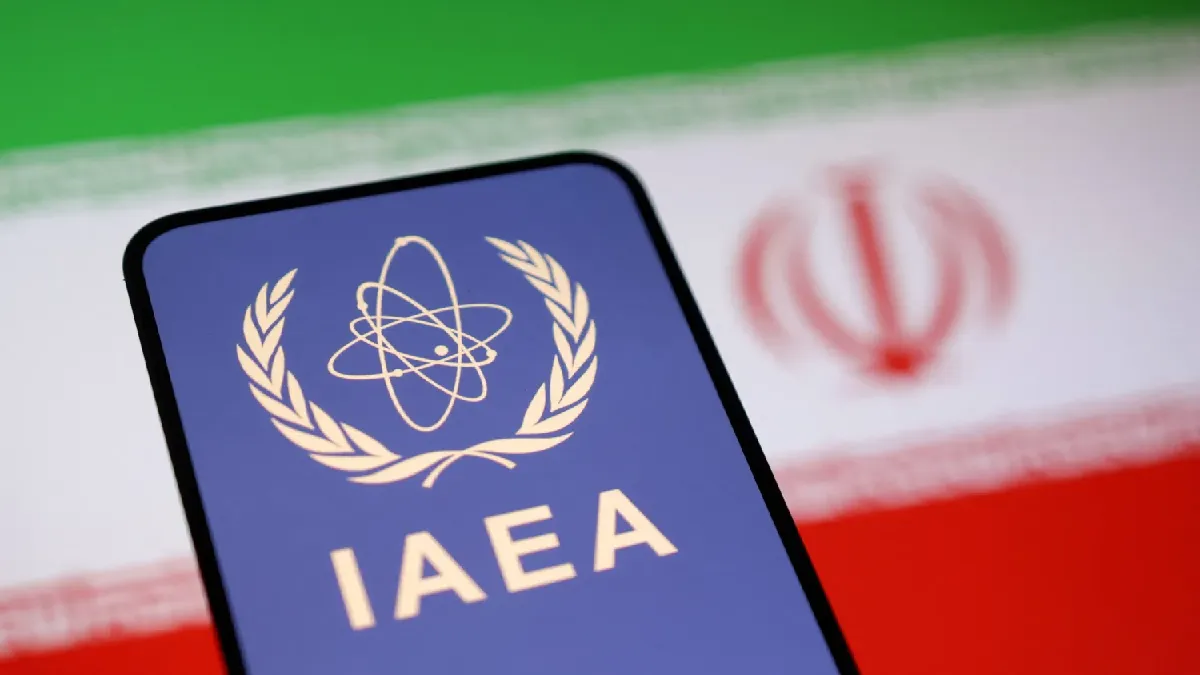The International Atomic Energy Agency (IAEA) on Thursday passed a resolution calling on Iran to provide access and information about its nuclear program, as mandated by UN resolutions. The vote occurred a day after Rafael Grossi, head of the UN nuclear watchdog, renewed his appeal for Tehran to permit inspections at key nuclear facilities attacked by Israel and the United States in June.
Israel launched strikes against Iran on June 13, just one day after the IAEA determined Iran was not complying with its international nuclear safeguards commitments. The 12-day conflict resulted in over 1,000 deaths and caused damage estimated at billions of dollars in Iran.
“Iran must … provide the Agency without delay with precise information on nuclear material accountancy and safeguarded nuclear facilities in Iran, and grant the Agency all access it requires to verify this information,” stated the draft resolution text, which passed with 19 votes in favor, three against, and 12 abstentions. Russia, China, and Niger were the three countries that opposed the resolution.
Iranian Foreign Minister Abbas Araghchi stated that the IAEA would not receive access to Iranian nuclear sites targeted during the recent war with Israel without a concrete agreement in place.
“The facilities that were attacked have their own story, and until a decision is made and a conclusion is reached between us, the IAEA and others, cooperation is not possible,” he said in an interview posted to his Telegram channel on Thursday.
The interview with the Khabar Online news agency was conducted before the IAEA adopted its resolution demanding site access.
Following the 12-day war, Tehran suspended cooperation with the IAEA and prevented the watchdog’s inspectors from accessing the bombed sites, accusing the agency of bias and failing to condemn the strikes.
“The fact that they came and attacked and left… and now the agency comes to prepare a report for them on where [was attacked] and what happened and how much damage was done is not possible, it is clearly not wise,” he added.
In September, Iran and the IAEA reached a new cooperation framework in Cairo, but weeks later Tehran declared it invalid after Britain, France, and Germany triggered the return of UN sanctions that had been lifted under the now-defunct 2015 nuclear deal.
Since the war, Iran has frequently stated it remains open to resuming talks, but only if they occur on “equal footing”.
“Negotiating about missiles, for example, to reduce them, to reduce their range, to reduce their number, there is no greater betrayal than this,” he said.
